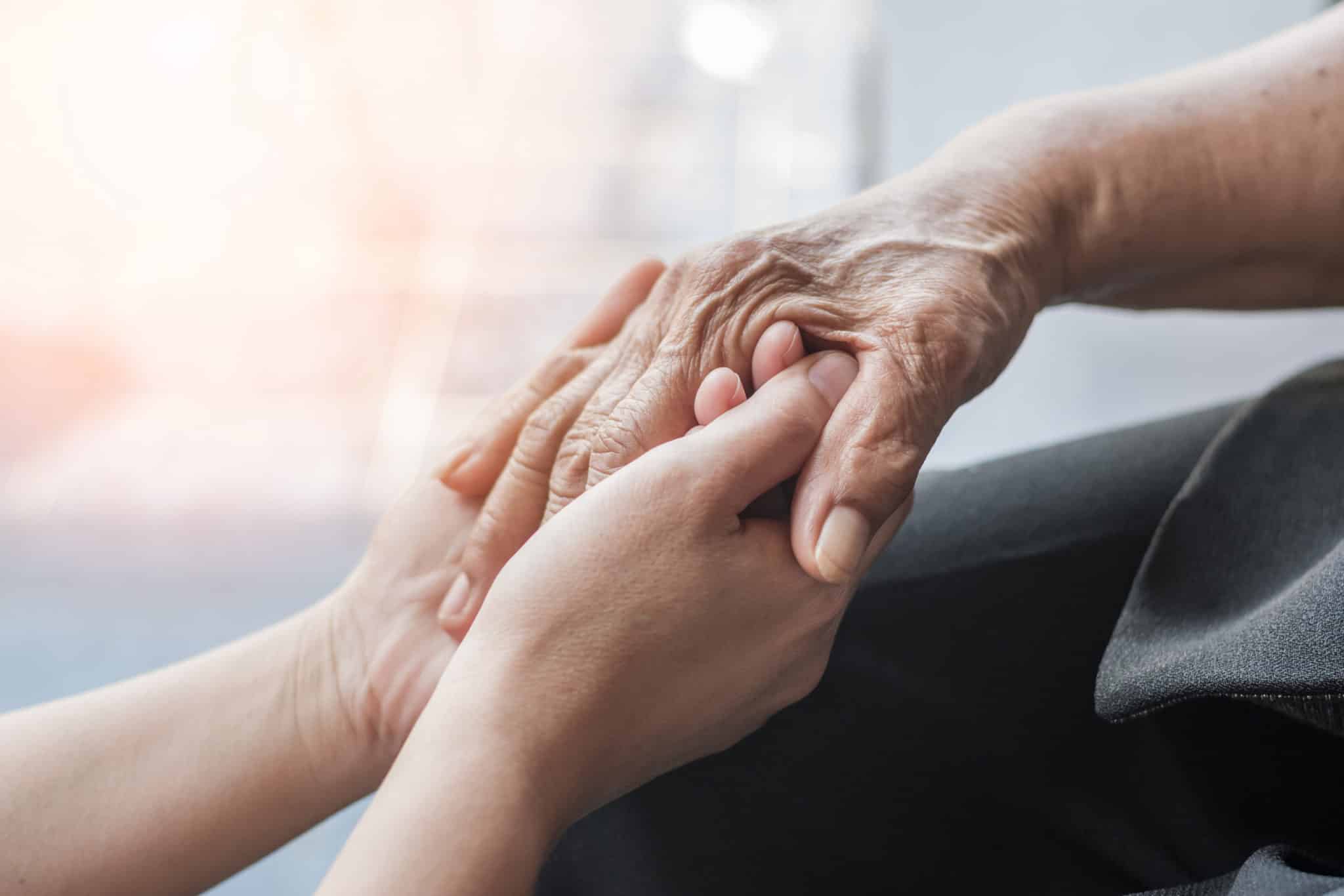How to Help Your Loved One Manage Parkinson’s Disease

When your loved one has been diagnosed with Parkinson’s disease, you may not know where to start in providing support. Parkinson’s symptoms tend to develop slowly over the years, so by the time your loved one receives a diagnosis, they may need help managing their symptoms and navigating their daily life. Here are some tips on helping your loved one manage Parkinson’s Disease.
- During the initial diagnosis phase, it’ll be a great help to your loved one if you attend the doctor’s appointments with them. Many people experience anxiety when visiting the doctor, even for things like routine check-ups. When dealing with something as serious as Parkinson’s disease, you can support your loved one by being with them every step of the way. You can help ensure all their questions are answered, get complete information about treatment options, and more.
- Support them during the planning of their treatment regimen. Treatment for Parkinson’s disease depends on the individual, including other medical conditions and medications, but general medical treatment for Parkinson’s has a lot of different components. You can support your loved one by participating in the planning of their medical treatment, and encouraging them throughout the process. It can be scary and overwhelming, especially for older adults.
- Assistance and support in their day-to-day life. Parkinson’s is a progressive disease and gets more severe as time goes on. While your loved one may not feel they need assistance right after their diagnosis, a time will come when they do need your help. Offer to help with household cleaning, chores, grooming, cooking, food shopping, and other things that will become more difficult with time. Let them know they can rely on you going forward.
- Driving. While some people with Parkinson’s continue to drive themselves for a while, it may eventually get to the point where they can’t safely get behind the wheel. Whether it’s driving to the doctor or to the grocery store, you can support your loved one by being their driver when they need you.
- Emotional support. Perhaps the most important and most challenging component of Parkinson’s disease is the emotional support, people who receive this diagnosis need. It’s scary, overwhelming, and people often don’t know how quickly their disease will progress, so offering emotional support is an essential component of supporting your loved one.
Supporting those with Parkinson’s in assisted living
When the time comes where you feel your loved one can no longer live alone safely, or if you’re unable to care for them full-time, you may need to consider assisted living as an option. At United Methodist Communities (UMC) our residents enjoy their independence in a safe, secure environment and at our assisted living community in Pitman, NJ, we have medical professionals onsite around the clock to attend to residents’ health and safety.
Treatment for and management of Parkinson’s Disease has many components, and as the disease progresses it can get more complicated. You may not be able to manage the care and treatment for your loved one by yourself. If you feel this is the case, we recommend you explore assisted living options.
For more information about UMC at Pitman, our assisted living community in Gloucester County, please contact our team today. Discover why so many people choose us as their trusted assisted living community.




